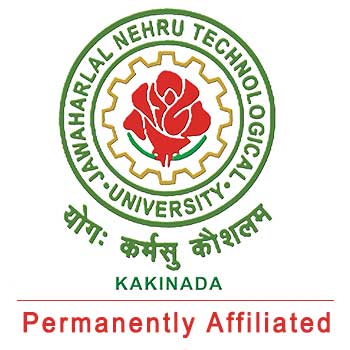Masters in Cyber Security

Develop skills to identify and resolve cyber security threats. A cyber security master's degree is a useful tool for people looking to either specialize in a particular aspect of the profession, or for analysts and engineers already working in the field who are looking to get more training on leadership or management.
What is Cyber Security?
Cyber Security is a specialized field in Information Technology (IT) which is regarded as a sub-stream in Computer Science. Cyber Security courses aims to equip students with the knowledge and skills required to defend the computer operating systems, networks and data from cyber-attacks.
Cyber Security as a profession is evolving over the years, reason being the increasing rate of cyber crimes. Any industry that transacts online or carries sensitive data is in need of a Cyber Security professional to safeguard its date from such delinquents. Cyberspace being a common platform which is accessed anyone from every corner of the world; the scope of cyber security is equally spread across the globe.
Reasons to study cyber security
So, why do you want to study cyber security? In today's society everything is online and information security has never been more important. Any individual or organization can be at risk of data breaches and hacks, so specializing in cyber security will put you in an excellent position for securing future employment. A cyber security degree teaches you how to protect computer operating systems, networks, and data from cyber attacks. You'll learn how to monitor systems and mitigate threats when they happen.
Growing Career Opportunities
Jobs in cyber security are blooming across the country. While there is a dire need in the marketplace for cyber security professionals, the skill and experience required to fill these roles are lacking. This means that if you have a B.Tech degree and want to pursue a career in this field, you are going to need a blend of both technical and non-technical cyber security training. Because of their adaptive nature, software security threats and the ways to counter them are constantly evolving. Therefore, it is imperative that professionals adopt what can be best described as a â??student for life' approach. The real value from this discipline can only be derived through continual learning. Luckily for you, the less established nature of the field of cyber security values knowledge and merit over experience. Your lack of professional experience right after graduation will not necessarily be a deal breaker if you have the relevant skills.
Some of the jobs you could go into include:
- Application analyst
- Security analyst
- Security engineer
- Security architect
Preparation for a Doctorate
In this program, students can take advanced courses and gain the research skills that they need to prepare for successful admission into a Ph.D. program. Depending on the school, they may even be able to apply some of the credits they earn toward a Ph.D. in the future.
Facilities
Post Graduation at Usha Rama College of Engineering provide a high-quality, practical education that will set you up for the future. If you're interested in getting into cyber security as a career then this is the place to start. Teaching staff at the college have a background in research and extensive industry experience. This knowledge informs degree courses and inspires research projects for postgraduate students.
Program strengths include
- Faculty expertise
- Well-equipped laboratory facilities
- A curriculum that combines theory, software, and hardware
- Opportunities to work with faculty members on research projects
Cyber security master's degree admission requirements
Many master's degree programs in cyber security were designed for people with a cyber security background, or at least, with a technical background that might include computer science or math.
Increasingly, cyber security master's degree programs are expanding to try to be inclusive of students that might have an undergraduate degree outside of a computer-related technical discipline.
Eligibility Criteria
- Candidates should have graduated with a full-time degree from any recognized University/Institute for M.Tech. degree programmes.
- Candidates appearing for their final degree exam / final semester exam in the current year are also eligible to apply.
- Admission is based on rank obtained in the entrance test conducted for M.Tech.
Take the Next Step
Finding the right college means finding the right fit. See all that the Usha Rama College of Engineering and Technology has to offer by visiting campus.





